We caught up with the brilliant and insightful René Vidra a few weeks ago and have shared our conversation below.
Alright, René thanks for taking the time to share your stories and insights with us today. Risking taking is a huge part of most people’s story but too often society overlooks those risks and only focuses on where you are today. Can you talk to us about a risk you’ve taken – it could be a big risk or a small one – but walk us through the backstory.
As a CEO, dealing with risk is almost a daily routine. You learn to handle it better with time. I’ve been in the CG industry for 15 years now, having worked as a freelancer for a long time and held several employed positions. Nevertheless, the idea of ‘wanting to be independent and shape my own life’ has always been firmly ingrained in my mind. I’ve always been put off by the routines and limitations that come with employment. You’re told what to do, you quickly hit financial ceilings, and you become dependent on a single source, among other things.
I’ve always wanted to be as flexible and independent as possible, even if it meant taking on other challenges. And even though the industry is currently facing significant upheaval due to AI, the American writers’ strike, and other global events – I’m still proud to have taken the path towards self-employment and opened my own company.
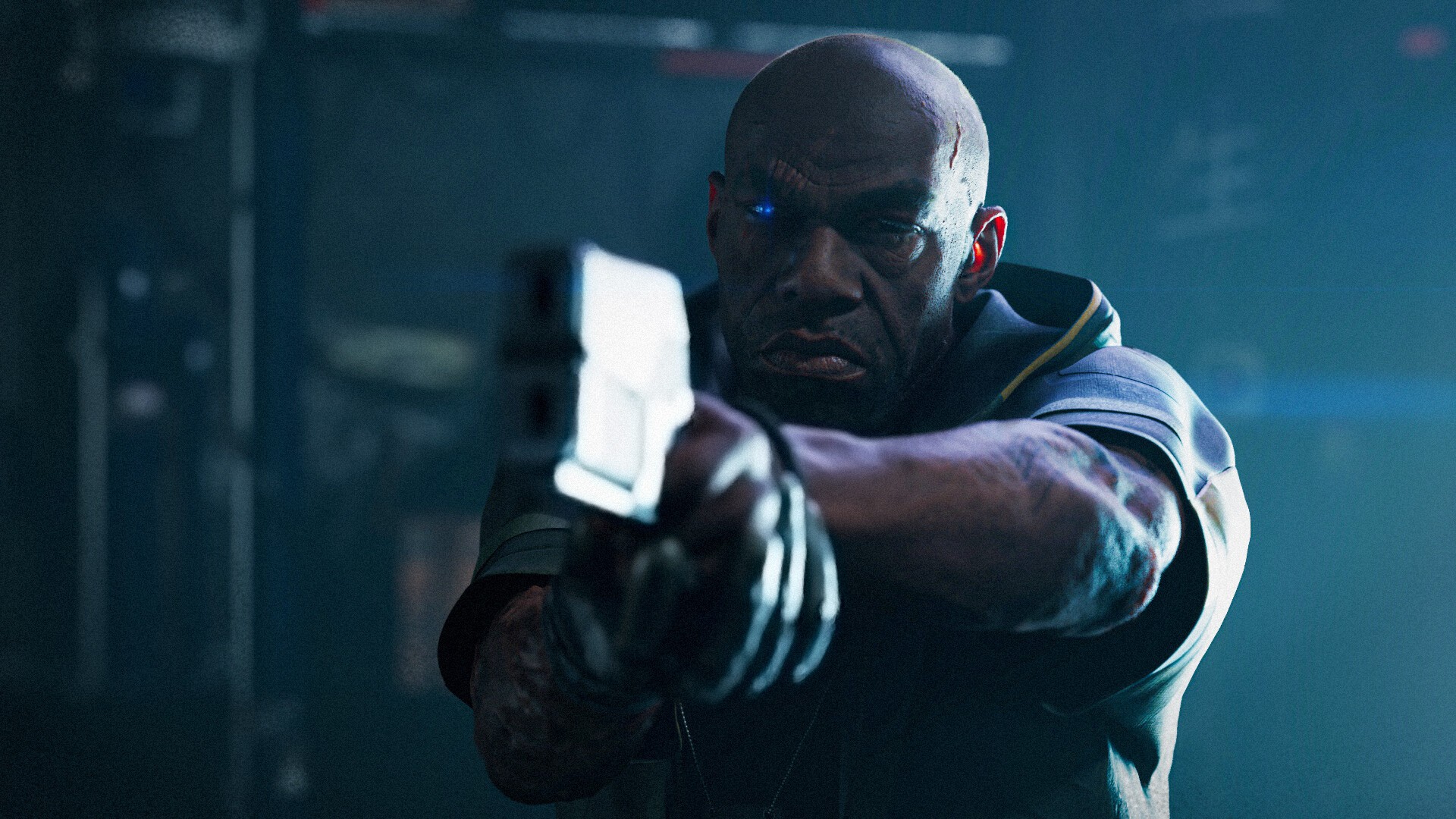
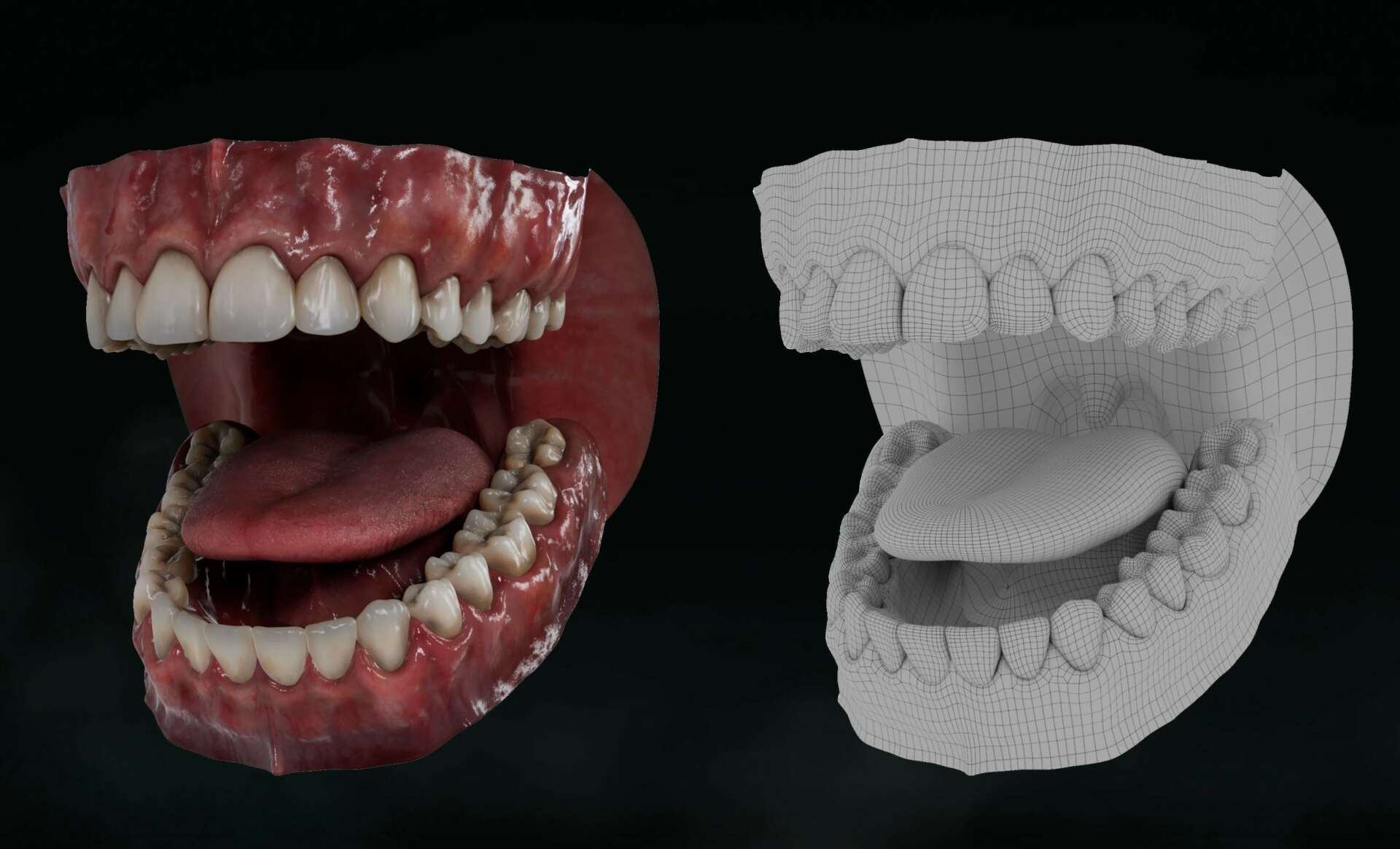
René, love having you share your insights with us. Before we ask you more questions, maybe you can take a moment to introduce yourself to our readers who might have missed our earlier conversations?
My name is René Vidra, and I am the CEO of Power Pixel Studio, an Art Outsource Studio in Austria.
I am 34 years old, and I began studying Interactive Entertainment Design at the SAE Institute Vienna in 2008. Originally, I wanted to become a Concept Artist, but I quickly became fascinated by 3D work and decided to pursue it. Since the industry in Austria isn’t particularly large and there are several small companies, it has always been essential to cover various areas as a CG generalist. Although I’m familiar with and have worked on almost all steps of a 3D pipeline, I see my strengths primarily in the areas of modeling, rigging, and animation, where I have the most experience. I’ve had the opportunity to work in various fields, including films, games, augmented reality, virtual reality, projection mappings, and more, and I wouldn’t want to miss any of those experiences.
I’ve also been teaching my knowledge at different schools for many years, and I’m glad to contribute in this way.
I co-founded Power Pixel Studio with my colleague Jens Lindfors in May 2022. Although the studio hasn’t been around for long, we’ve been working together for many years. While we declare our company as a general Art Outsource Studio, our primary focus is on characters and creatures for films and games. Jens and I have always been passionate about this topic and want to specialize in it with our company.
One of our biggest strengths is the flexibility in terms of scaling the company. Since we’ve been collaborating with numerous freelancers for over a decade, we can almost always scale our company according to project size. The core team at Power Pixel consists of five people, but often we expand to 15-20 people or even more for project execution. This allows us to remain flexible and competitive.
While we are also currently affected by the current events surrounding AI, the American Writers strike, etc., we generally have a positive outlook. We believe that especially in a company of our size, we are more likely to emerge from the crisis stronger rather than weaker.
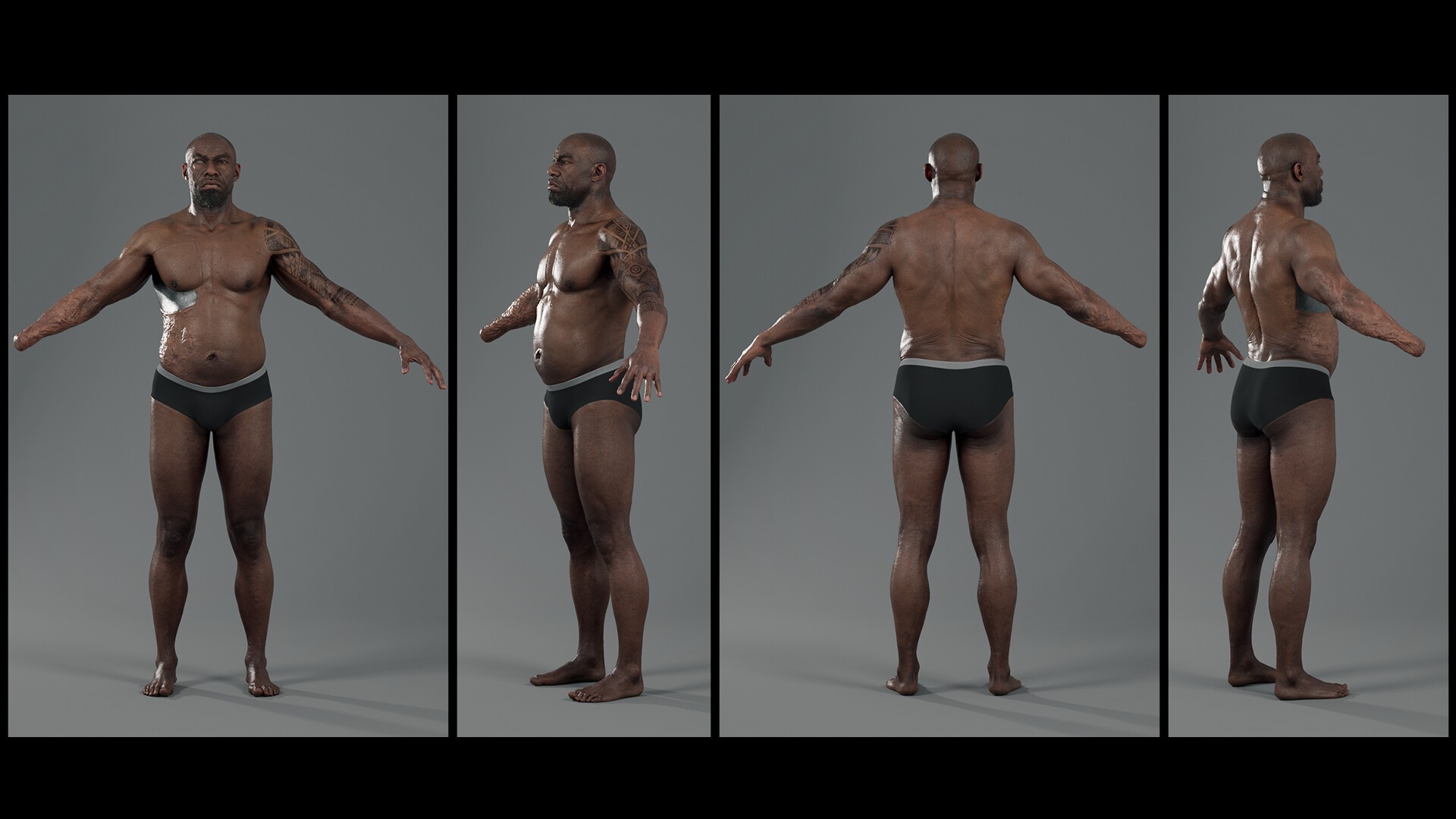
What’s a lesson you had to unlearn and what’s the backstory?
My most significant lesson that I had to relearn or teach myself was to take risks and follow my passion. I come from a fairly conservative background – my father worked for a large banking company and single-handedly supported the family. I was always told that I should pursue a well-paying job and work my way up, with job satisfaction being of secondary importance.
In fact, it took over a decade for my father to realize that I am happy and financially stable in my current profession. Prior to that, phrases like ‘when will you finally learn something worthwhile’ or ‘you can’t make a living with art’ were commonplace.
Especially in today’s world, where there are so many different career opportunities, and the likelihood of sticking with one job until retirement is pretty low, I find it even more important to do something that truly resonates with you and ignites your passion day after day.
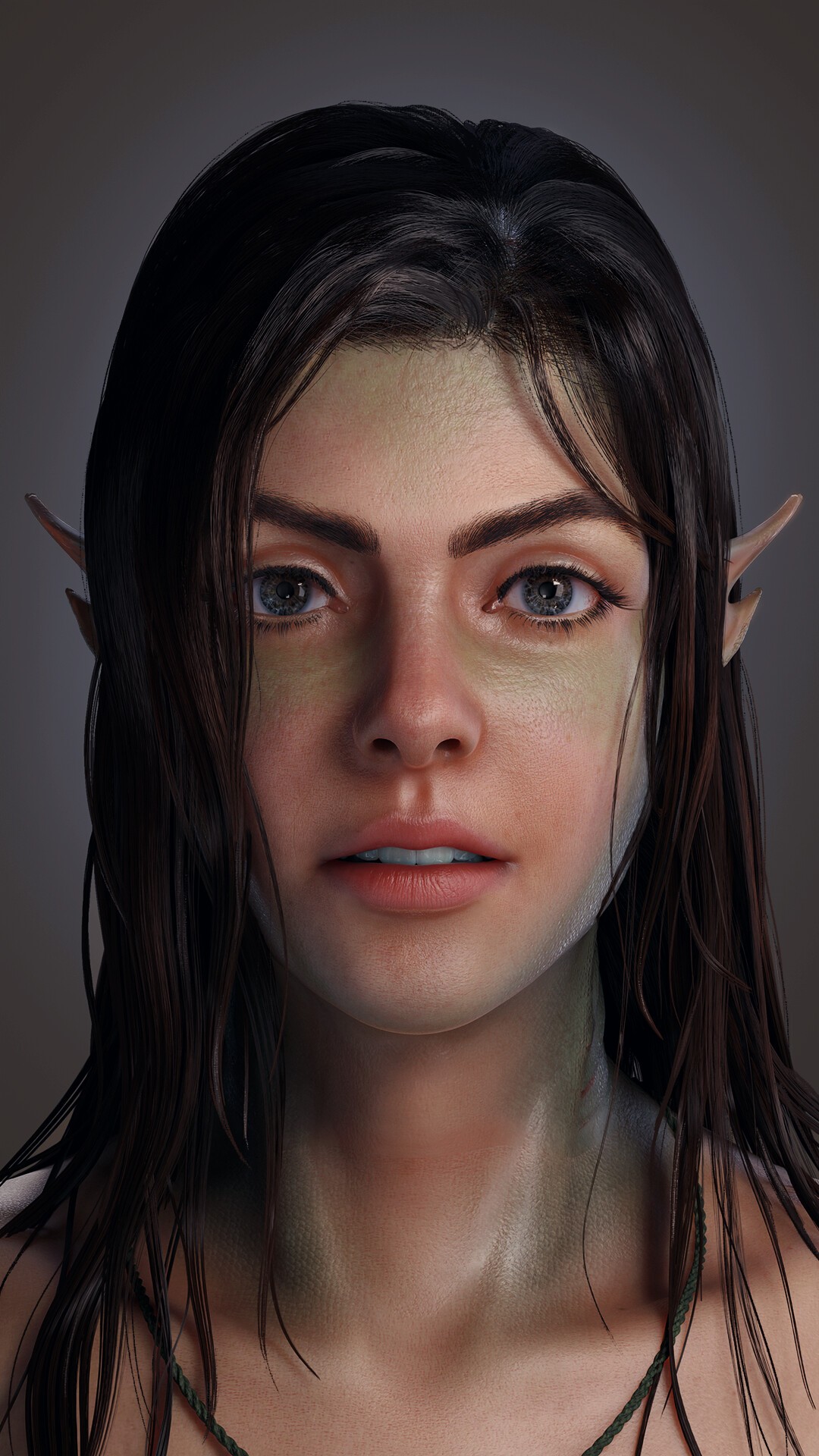
Any stories or insights that might help us understand how you’ve built such a strong reputation?
The key factors in building one’s reputation are the quality of one’s work and networking. Both go hand in hand, and over the course of a decade, I primarily gained new clients through referrals from previous satisfied clients, which led me to discover many new contacts and areas of work. Additionally, it’s advisable to attend as many industry-relevant events as possible to connect with important new and potential clients. LinkedIn is also an incredibly valuable platform for engaging with recruiters and studios and initiating collaborations. However, I believe that at the end of the day, the quality of one’s work plays the most crucial role because it is the foundation for repeat business and referrals.”
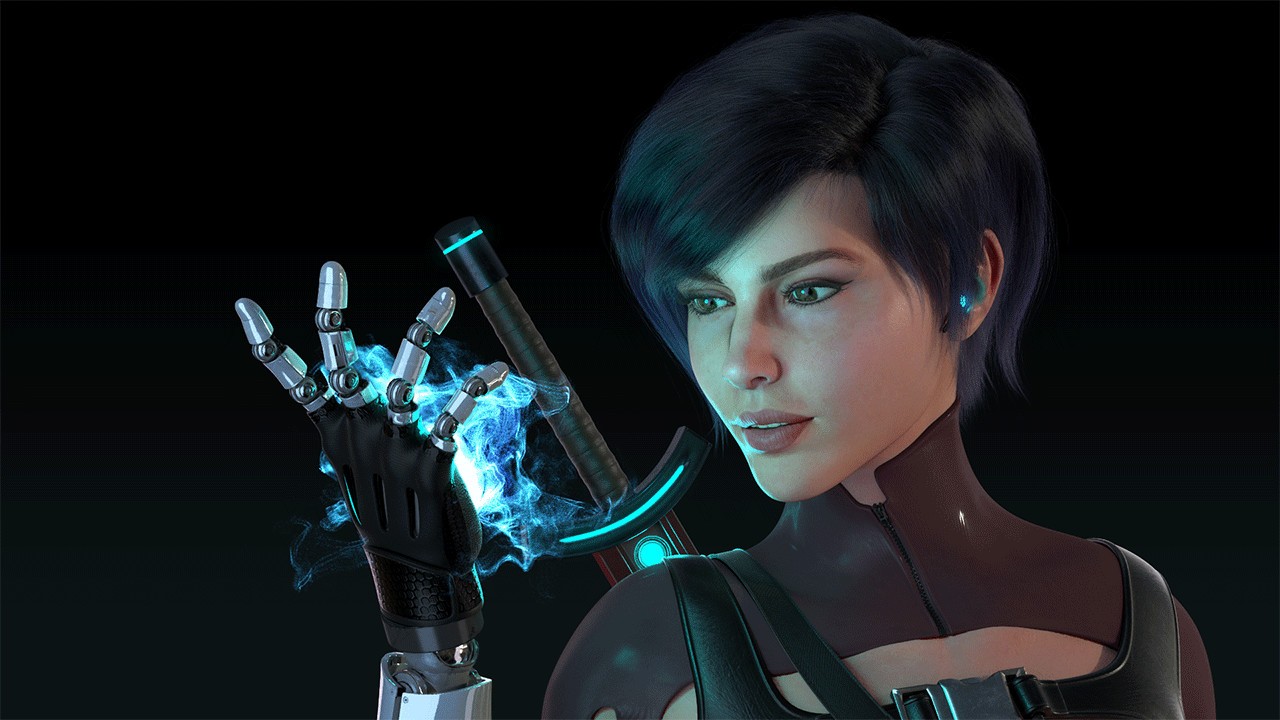
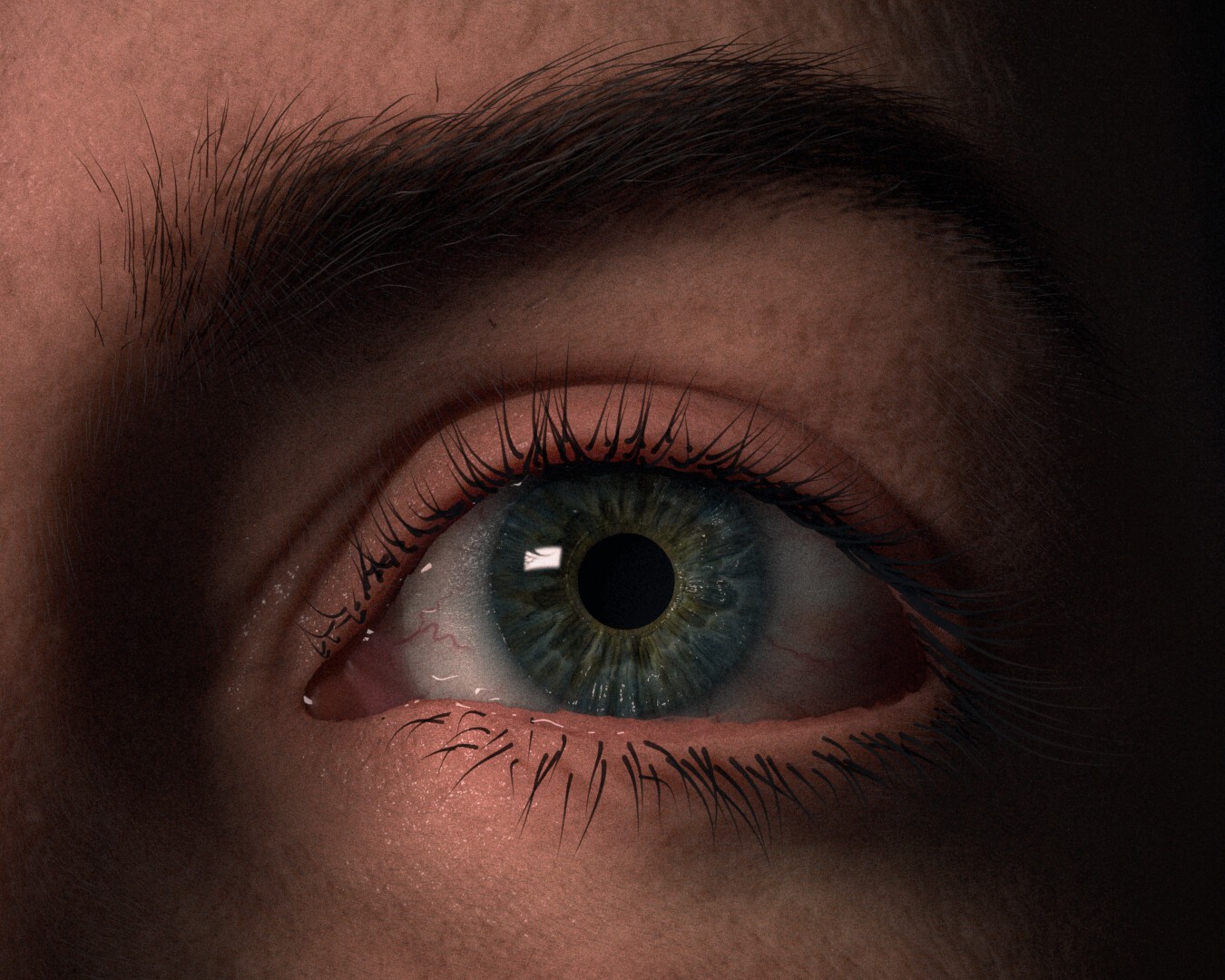
Contact Info:
- Website: www.powerpixel.studio
- Instagram: https://www.instagram.com/powerpixelstudio/
- Facebook: https://de-de.facebook.com/rene.vidra/
- Linkedin: https://at.linkedin.com/in/rene-vidra-92b61395
- Youtube: https://www.youtube.com/channel/UCy9e6CAqbLGI-kqGAo0wMmQ


